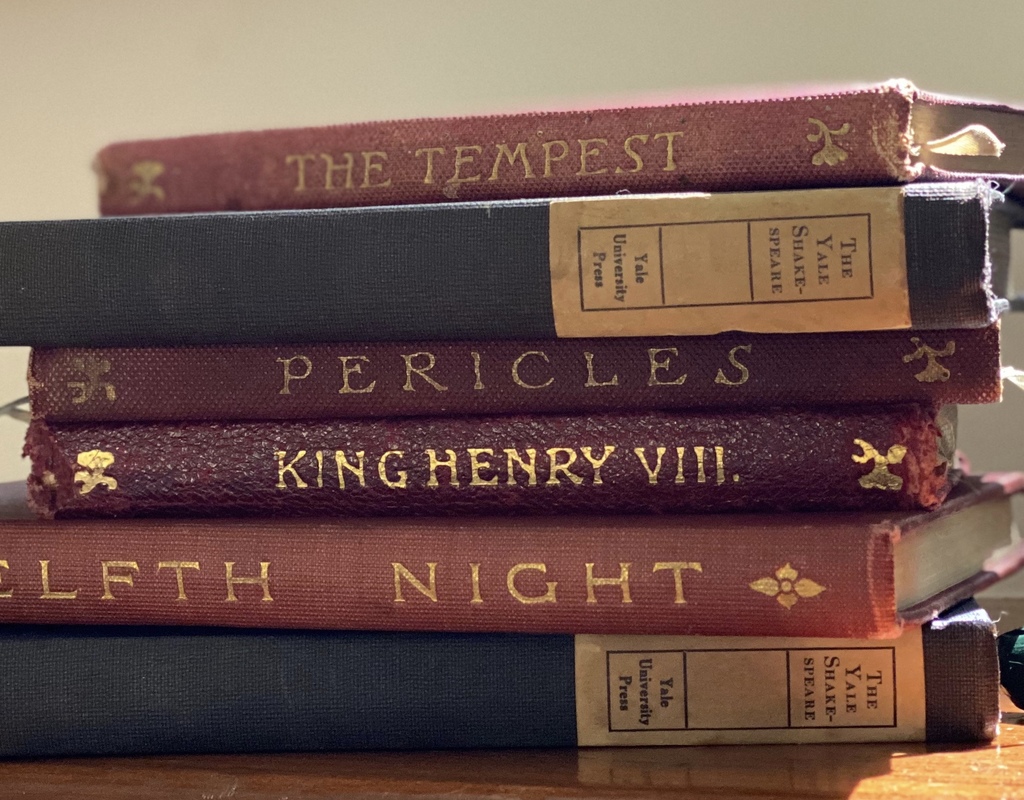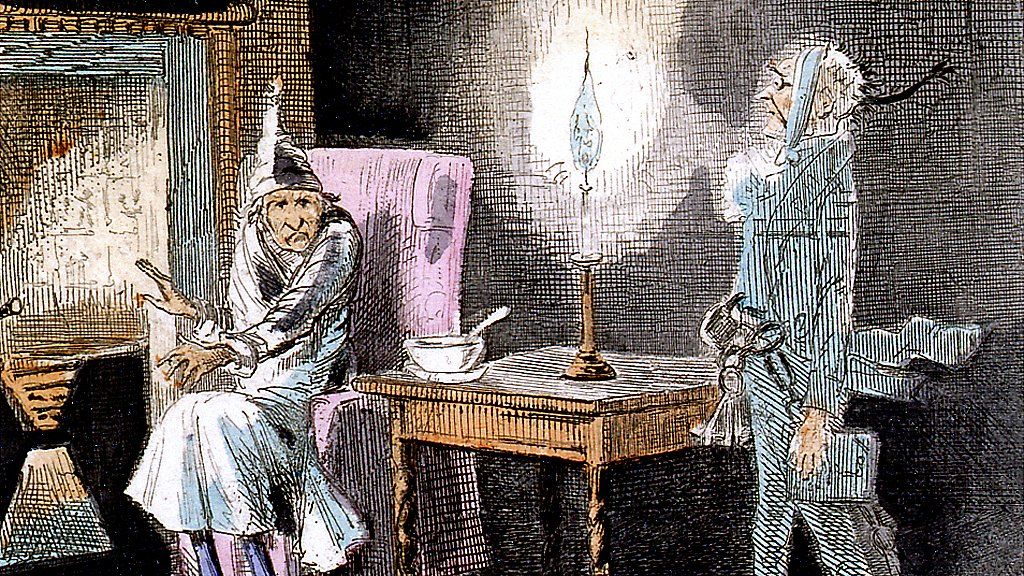Top Tips for Revising English Literature Anthology Poetry
Leave a CommentIf there is one component of the GCSE English Literature course that fills most students with dread, it’s the Anthology Poetry unit.
And to be perfectly honest, it’s not hard to see why.
If you are studying the AQA course, there are 15 poems to study; for Eduqas things are even more challenging with a whopping 18 to get through.
What Does the Exam Question Ask Students to do?
When it comes down to it in the actual exam, students will only ever have to write about two of these poems. One of the poems you have studied will be printed in the exam paper. You will need to write about this poem and then choose another poem you have studied to compare it with.
But because you have no idea which poem will feature in the exam, there’s no way you can cut corners in any way. You really need to study all the poems.
That might not sound too bad…
Until you remember that you are not allowed to take an anthology into the exam!
In days gone by, students could take their annotated anthology into the exam. Then, for a few years, students were given a ‘clean’ unannotated anthology. Now, since 2015, students are not allowed to have an anthology in the exam at all.
This means that essentially this component has become little more than a test of a student’s memory.
But All is Not Lost!
Fear not though, all is not lost.
While there isn’t a simple hack or way of avoiding the fact that you are going to have to remember a load of quotes, there is a way of focusing your revision, so that you just concentrate on the really important stuff.
So, here goes:
- You should be able to summarise each poem in a sentence or two. Even better, narrow it down to a couple of key words/themes.
- Choose a key quote for each poem. Approach this as if you could only use one quote per poem – the absolute best one – that sums up the whole message of the poem.
- Try to learn another 4 (minimum) important quotes. Aim for quotes that cover a range of ideas – not just 4 quotes that basically say the same thing.
- Identify one of two methods – poetic devices, language, or structure – that each poet uses to get their ideas across.
- Identify which poems go well together and provide the best comparisons.
Follow the above 5 steps and you will be well-prepared for the demands of the exam question.
Finally, bear in mind this last point…
When it comes down to quotes, it’s never simply about how many you have got. The most important thing is what you do with them. Make your quotes work for you. They should never be more than a line long – and if you can narrow them down to a few words – or even just one word – all the better. They will be a lot easier to remember this way, and you will dazzle the examiner with your understanding of the most important words that a poet has used.
You can do this! – And with that we will leave you with 5 more tips for the secret to success during exams.





